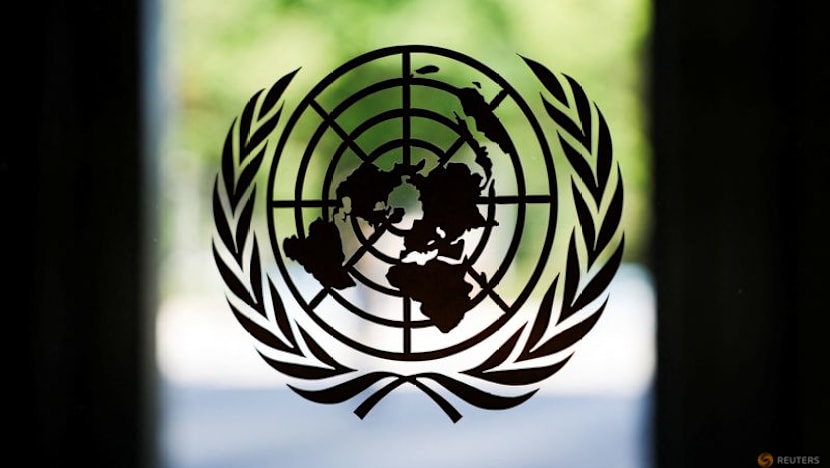Politics
UN Shipping Agency Postpones Carbon Price Decision by One Year

A significant decision was made on Friday at the United Nations shipping agency, where a majority of member countries voted to delay by one year the implementation of a global carbon price for international shipping. This postponement follows intense discussions that failed to reach a consensus on emissions reduction measures, largely under the influence of U.S. pressure.
The delay is a setback for the European Union and other nations, including Brazil, which have actively advocated for a greener shipping industry and the establishment of a pricing mechanism to support decarbonisation efforts. The United States and Saudi Arabia, both major oil producers, have expressed strong opposition to the carbon pricing initiative throughout the negotiations held in London at the International Maritime Organization (IMO).
During the discussions, Saudi Arabia proposed a motion to defer the decision for one year, which passed with a simple majority of 57 votes, while 49 countries opposed the move and sought to advance the agreement. U.S. President Donald Trump urged IMO member states to reject the proposal, stating on his Truth Social platform that the U.S. would “not stand for this global green new scam tax on shipping and will not adhere to it in any way, shape or form.”
The outcome leaves the shipping sector in a state of uncertainty, according to Faig Abbasov, director of shipping at the environmental group Transport & Environment. Abbasov remarked, “The delay leaves the shipping sector drifting in uncertainty.”
In April 2023, the IMO had reached a preliminary agreement to charge the global shipping industry for emissions, a move that came after the U.S. withdrew from related discussions. Following this withdrawal, Washington threatened to impose visa restrictions and sanctions on countries that supported the carbon pricing initiative.
The IMO, which includes 176 member countries, is tasked with regulating international shipping’s safety, security, and pollution prevention. In his closing remarks, IMO Secretary-General Arsenio Dominguez cautioned delegates, saying, “Let’s not celebrate. There are concerns we need to address.”
Currently, international shipping is responsible for nearly 3 percent of global carbon dioxide emissions. With approximately 90 percent of the world’s trade conducted via sea transport, experts warn that emissions are projected to escalate without an effective agreement in place.
-

 World5 months ago
World5 months agoSouth Korea’s Foreign Minister Cho Hyun to Visit China This Week
-

 Business5 months ago
Business5 months agoStarling Bank Plans Secondary Share Sale, Targeting $5.4 Billion Valuation
-

 Top Stories5 months ago
Top Stories5 months agoMunsang College Celebrates 100 Years with Grand Ceremony
-

 World5 months ago
World5 months agoPAS Aims to Expand Parliamentary Influence in Upcoming Election
-

 Business7 months ago
Business7 months agoKenvue Dismisses CEO Thibaut Mongon as Strategic Review Advances
-

 Lifestyle6 months ago
Lifestyle6 months agoHumanism Camp Engages 250 Youths in Summer Fest 2025
-

 Sports6 months ago
Sports6 months agoDe Minaur Triumphs at Washington Open After Thrilling Comeback
-

 Sports7 months ago
Sports7 months agoTupou and Daugunu Join First Nations Squad for Lions Clash
-

 Top Stories7 months ago
Top Stories7 months agoColombian Senator Miguel Uribe Shows Signs of Recovery After Attack
-

 World7 months ago
World7 months agoASEAN Gears Up for Historic Joint Meeting of Foreign and Economic Ministers
-

 Health6 months ago
Health6 months agoNew Study Challenges Assumptions About Aging and Inflammation
-

 Business7 months ago
Business7 months agoOil Prices Surge Following New EU Sanctions on Russia









